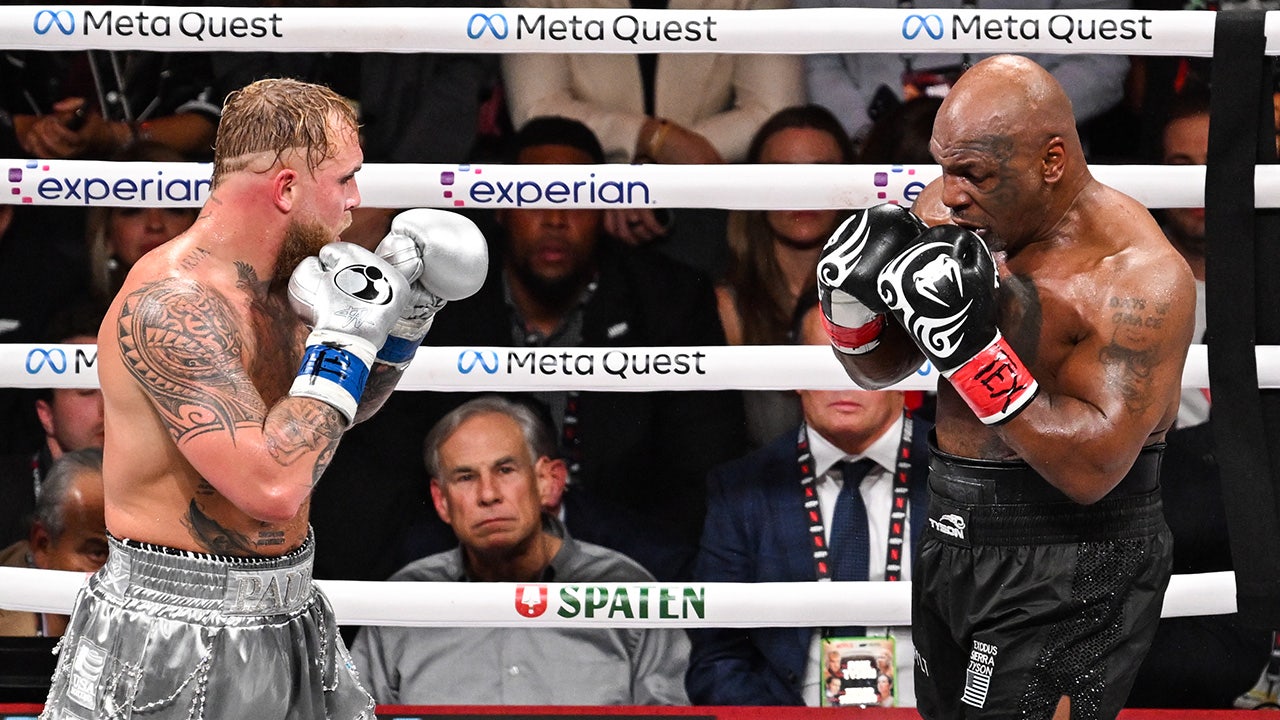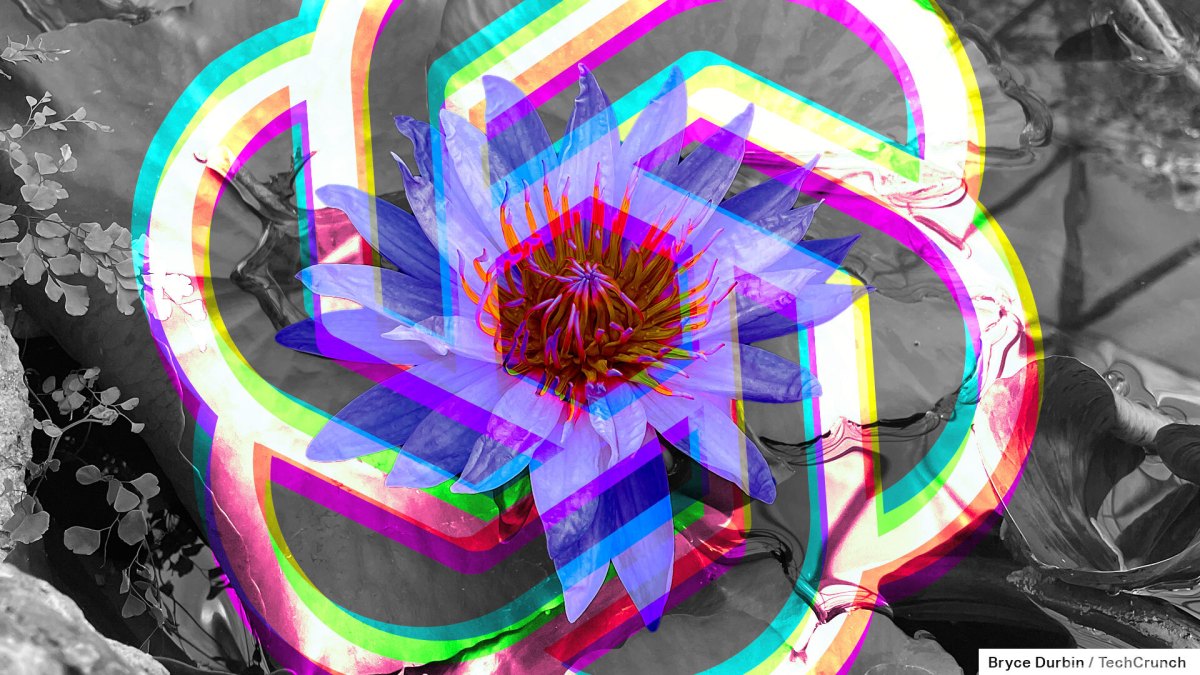It’s hard to imagine Sebastian Stan fighting for any part in Hollywood.
The Academy Award nominee has proven he’s as bankable in high-brow indies like “The Apprentice” and “A Different Man” as he is in soaring commercial fare like his continuing role as Marvel’s Bucky Barnes (next appearing in “Thunderbolts”).
But a cinematic homecoming that has eluded him over his career. Born in Constanța, Romania, Stan has been trying to find a way to bring his day job back to his birth country and highlight talent in the region. Stan told Variety that’s been looking for the right Romanian script to act in for the for the better part of 15 years. Now, he’s found a way to represent behind the camera as a producer on “A River’s Gaze,” a Romanian-set drama from director Andreea Bortun.
It’s a story close to his own upbringing, Stan says. His single mom Georgeta raised him across multiple countries while forging her own artistic and academic path. Bortun, whose work is a blend of anthropology and visual art, has sent successful shorts to festivals like Cannes (where her collaboration with Stan has submitted for inclusion this year).
“A River’s Gaze” tells the story of Lavinia, a single mom herself whose ambitions of a better life for her 14-year-old son often eclipse his urgent emotional needs in the moment. Told over four seasons in rural Romania, Stan and Bortun caught up with Variety to discuss the artistic trip home.
Sebastian, how did you attach as a producer to this project?
This came from a lot of conversations I’ve had with her over the years about my desire to be more involved with Romania creatively. A mutual friend who we both admire and respect spoke highly of Andrea and sent me her short, which had gone to Cannes. I was immediately blown away. I’ve wanted to act in a Romanian film for a very long time. I’ve tried and it hasn’t come about, but I realized that I can also help behind the camera. Andrea’s script spoke to me personally. At the center is this very specific, intimate relationship between a mother and a son growing up in Romania under particular conditions, which I feel are not always reflected much to the rest of the world. I had my own journey with my mom growing up there and leaving the country. I felt there were things about it that really rang true to me, and that was great, because it only incentivized me to want to be involved further in helping her craft this vision.
Andrea, what would you say is the cinematic language of Romania?
Honestly, I don’t know if it’s still a time of one unique national voice. What Romanian cinema needs is – like all cinema needs globally – are underrepresented stories that show people that we don’t generally see. Characters that are not just compliant and feel-good.
SS: Andrea has a fresh take a woman’s perspective out of the country, which feels new for me. We finally got a woman who has something to say about the experience over there.
There’s something about the aesthetic that feels very stuck in time. It was surprising to me to see the young male character with a cell phone in some of the scenes.
That’s a very interesting observation from a foreign eye. You would be fooled to say that the action happens 20-30 years ago. At the same time, it’s a mix of what people who have gone to work abroad have brought home with them. [Present-day] Romania is an interesting creature, a part of Europe that has had this history of migration.
Talk to me about the mother-son dynamic at the center of the film.
Our main character Lavinia is our hero, in the most tragic sense of that word. She’s an impulsive one, and she’s quite turbulent and irreverent at times. She wants to be a good mother for her 14-year-old son. She doesn’t know very well how to love, because we learn from what we had. She dreams of a better life for the two of them under bluer skies. For that part of the world, thought, the blue sky is the West. She moves into a decrepit house and wants to make it something that will last and be remembered for.
Her son is at an age where kids need their moms more than ever, this threshold before they flee the nest. She’s not quite aware of this, love to her means doing something meaningful with this house. Despite her efforts of making the best of what she can, there is a deepening of the rupture in between her and her son.
SS: You get to experience what this woman is going through in terms of trying to connect with her son and not abandon who she is. There’s someone to take care of and she must do it alone. You start to see how privileged we are in our family dynamics in the West. This person has to be superhuman dealing with these things with no resources or emotional tools. In my humble opinion, this film explores womanhood and how far it can stretch.
It seems like the community around her isn’t exactly uplifting.
She has an interesting connection to the community. She believes she is very different from others. She’s a fighter. She will go up a mountain to get what she wants. Those around her don’t like that, because she can be a troublemaker. She has a longing to detach herself from this community but doesn’t realize she’s a product of it. In a way, this film helped me make peace with the world I come from. I lived in rural Southern Romania and, after childhood, ran away to study abroad. The idea for this film came to me while I was in New York. I was seeing films from the ‘60s and I thought, “Wow, why don’t people make films about these kinds of women from Romania?” Like the strong Italian women of Antonioni. I came back and spent three weeks researching in villages. I did not want to be afraid of this world anymore. There was a feeling inside of me, something I had not accepted, but I am a part of that. Lavinia’s struggle is mine as well.
Sebastian, did you involve your mom in this process?
No, but she has seen the movie. It was very interesting to share that with her. There are certain moments that only people who have been up against this kind of thing can understand. My mom experienced a lot of hard truths post-revolution. Part of her understood the struggles of the main character. She also had me very young. People have kids a lot older now, and we have more time in the West to get ourselves sorted. A lot of people don’t have that opportunity. They’re still trying to figure out who they are. Andreaa caught that for me in a very authentic way.
.png)









 English (US) ·
English (US) ·